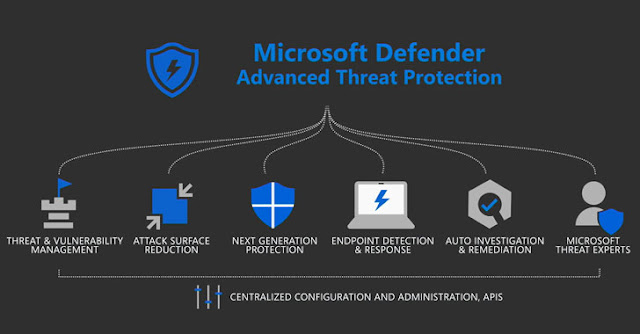Multiple Vulnerabilities in Google Android

Software Affected • Google Android version prior to 8.0, 8.1, 9, 10 Overview Multiple vulnerabilities have been reported in Google Android which could be exploited by attackers to gain elevated privileges, obtain sensitive information or execute arbitrary code and cause a denial of service condition on the targeted system. Description These vulnerabilities exist in the Google Android due to the flaws in the Framework, System component and Binder driver and Memory-Map Subsystem components of Kernel. An attacker could exploit these vulnerabilities by using specially crafted files to execute arbitrary code or to gain access without user interaction. Successful exploitation of these vulnerabilities could allow an attacker to cause a denial of service conditions, gain Elevated Privileges, Obtain Sensitive Information and execute arbitrary code on the targeted system.




